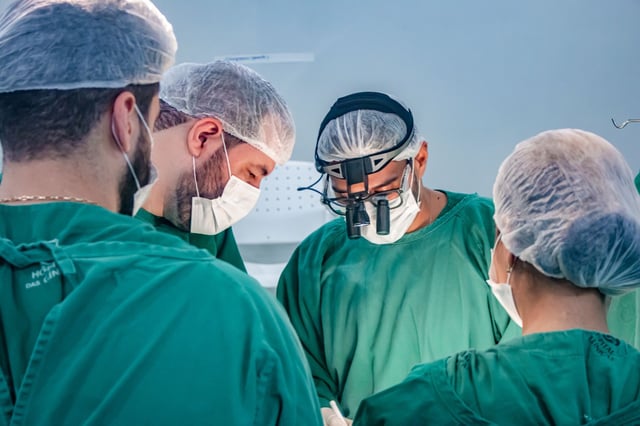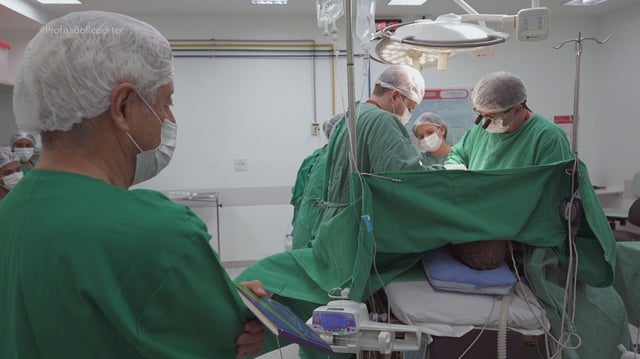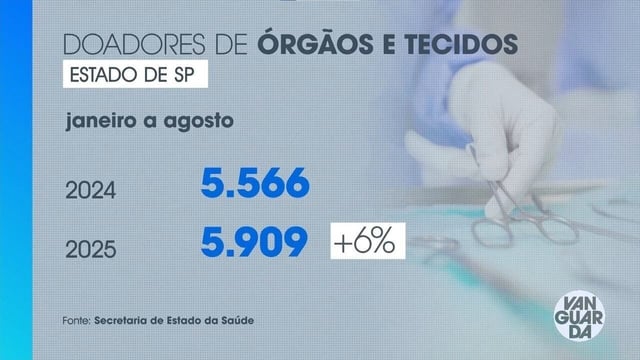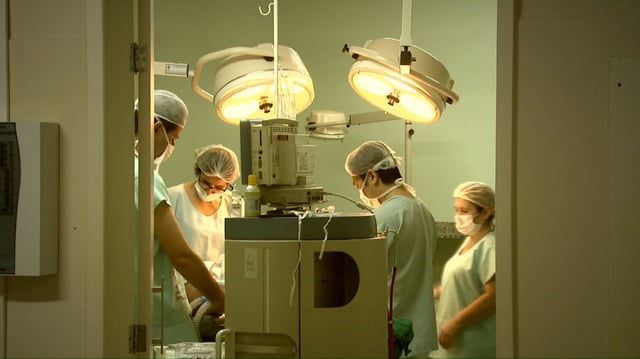Overview
- The Health Ministry signed the Política Nacional de Doação e Transplantes, the first specific regulation since 1997, standardizing the system and adding intestinal and multivisceral transplants to SUS with five initial centers in São Paulo and Rio de Janeiro.
- A new Prodot program will remunerate hospital teams for identifying donors and conducting family discussions, funded with R$7.4 million a year within a R$20 million package, with operational details yet to be announced.
- Official data report 14,904 transplants in the first half of 2025, a series high, as Brazil ranks third globally in absolute procedures and performs the majority within the public system.
- Roughly 80,000 people remain on waiting lists, and a national campaign — “Você diz sim, o Brasil inteiro agradece” — seeks to lift family consent, with an internal goal cited of reducing refusals to about 10%.
- Technical updates include virtual crossmatch, quimerism testing, and routine use of amniotic membrane for burn care, projected to benefit about 3,300 patients per year, alongside measures to speed and broaden regional allocation.



